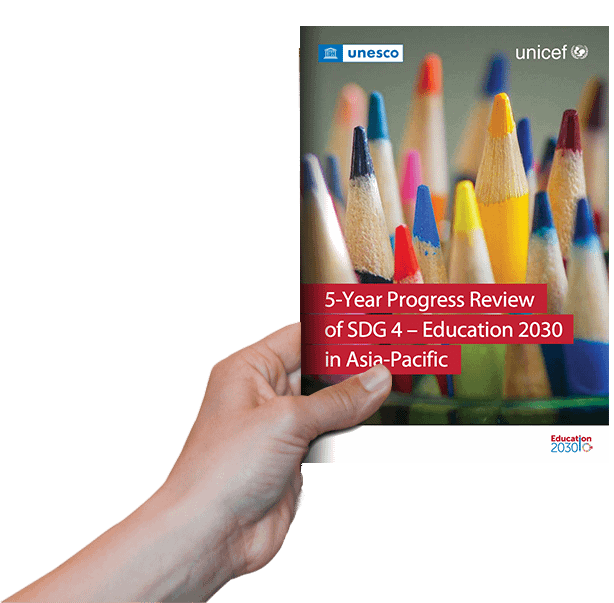Progress towards SDG 4 has been uneven within and across countries in the Asia-Pacific. The 5-Year Progress Review of SDG 4- Education2030 in Asia-Pacific is the first regional and sub-regional progress review since countries have committed to SDG 4 – Education 2030 in 2015. The report documents the progress towards achieving SDG 4- Education 2030 and each of the ten targets. In particular, it analyses progress through the lens of two related issues that have gained much greater attention in recent years: equity and inclusion. Furthermore, it also presents analyses and adjustments made due to unforeseen challenges brought by the COVID-19 pandemic. The report also highlights cases of good practice and recommendations aimed at guiding policy-makers and education stakeholders for the way forward.
The report reveals significant progress as more Asia-Pacific learners are participating in education than ever before, but the most disadvantaged are still left behind. We also face a learning crisis, as proficiency in foundational skills remains limited.

Huge inequalities and disparities remain among the most disadvantaged, who face barriers due to discrimination, inadequate policies, as well as a lack of equity-focused budgeting and data collection. These challenges have been further exacerbated by the COVID-19 pandemic, which highlighted a widening digital divide and the need to develop digital skills among learners and the teaching workforce. Nonetheless, there has been significant progress in some countries, with concrete examples of best practices that provide hope that through collective action we can reach this ambitious goal.




